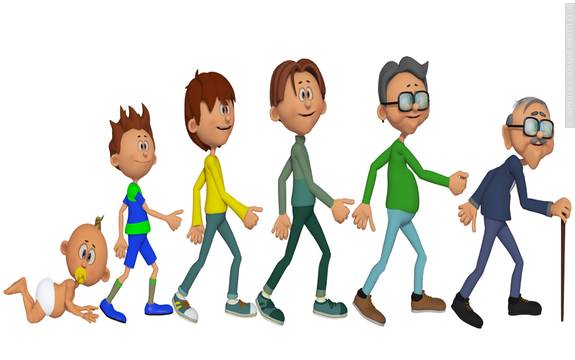Peh said:
SuaveSocialist said:
Unless a multiverse based (at minimum) on a Finite Curve exists within a singular continuum; then that person would be able to see all possible outcomes of all available choices. That person's experiences would then be contained to a single pathway of causal action, yet the alternatives known and measurable. Things get crazy by adding dimensions to our perception of Time and Space.
|
This would work on first sight.
But I have my doubts that these multiverses would be deterministic.
Also, at what point would these multiverses differ? At the moment a choice has been made by a human being? But when are choices being made?
While I try to represent the view of incompatibilism, this idea wouldn't work for me.
|
The universes would not be deterministic, as this one is not. Each has formed due to the choices of its inhabitants. They differ not "when" choices are made but "because" choices have been made.
For the individual observing all available paths, Time is not one-dimensional pathways but a morphous object. All choices occur at the same time as past, present and future are all occurring simultaneously in the object. Only our perceptions grant the illusion of a chronological order.
Depending on the choices of the individual, all that changes is one's position on the Finite Curve relative to the others and one's experiences. As I said, things get crazy when you add dimensions to Time and space.











































